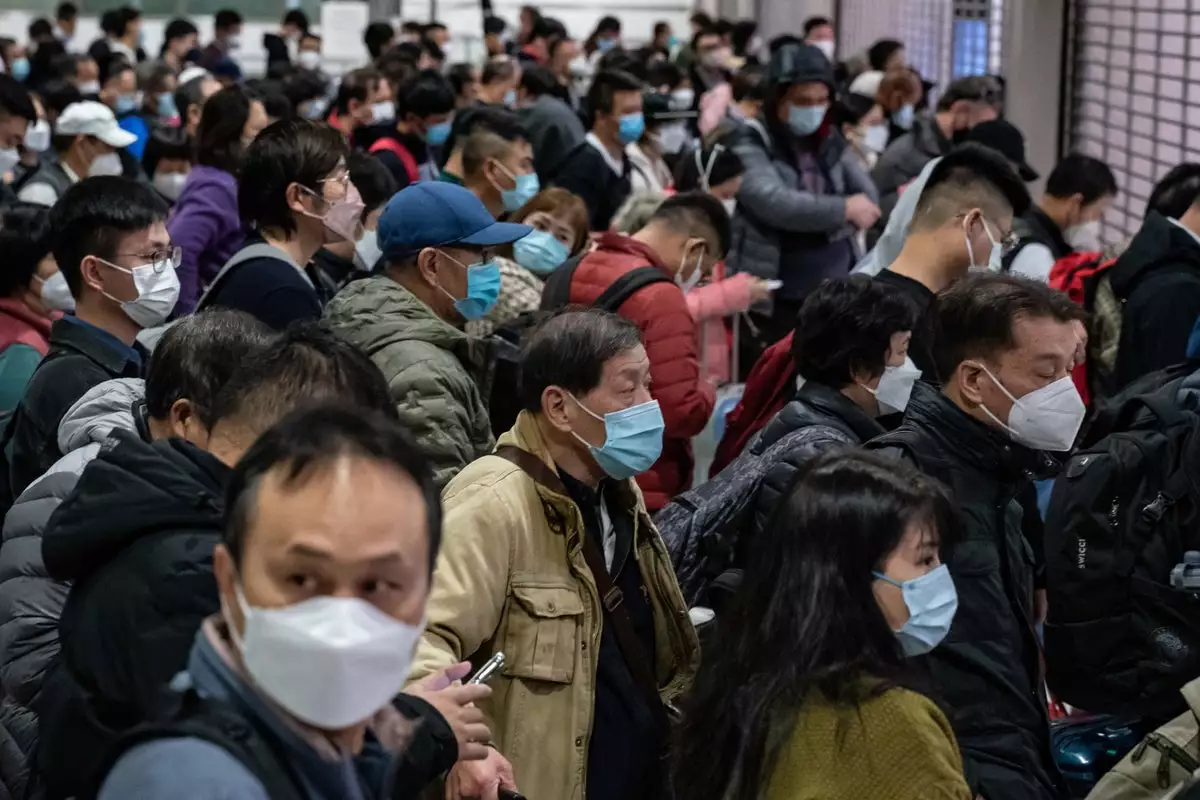China should not go too far in taking pandemic control measures in response, Dr. Zhang Wenhong, director of the Center for infectious diseases at Huashan Hospital in Shanghai said as projections showed a Covid outbreak in China by late June.
He noted that the resurgence in cases should not have a huge impact overall on economic activity and life owing to which China should not choose severe restrictions and lockdowns that affected the country’s economy and resulted in widespread protests.
Up to three-quarters of Chinese people infected in the most recent rise were not infected in the initial wave, he said. Chinese officials appear to not like the idea of strict curbs, New York Times reported as Beijing is focussing more and more on boosting economic growth and job creation.
Dali Yang, a political science professor at the University of Chicago said, After most people had caught the last wave, the intensity was gone.
China now considers Covid to be a “Class B” illness, which is not the most urgent classification, and officials have also been trying to reassure the public, saying that the symptoms are relatively mild.
Since April, more Covid cases have been recorded in China owing to which Dr. Zhong Nanshan said that by late June up to 65 million people a week may be infected with Covid in China- an increase from the 40 million infections each week that he had predicted in late May.
China implemented the stringent “zero Covid” policy to curb the spread of the virus. The policy involved strict lockdowns, mass testing, contact tracing, and quarantine measures to prevent local transmission but debilitated the economy of the country which has recently experienced a significant rebound after easing lockdown measures by Beijing following massive protests.




